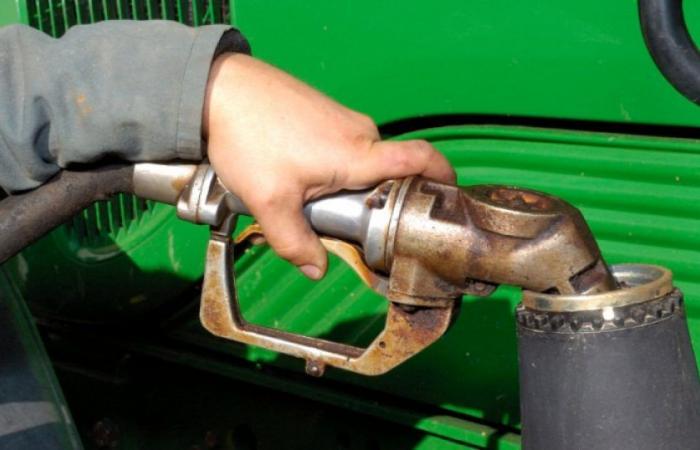The armed conflict between Israel and Iran has caused the price of a barrel of oil to rise. A situation which should not, however, cause bills at the pump to soar, even if prices start to rise somewhat again, assures a specialist with La Dépêche.
With the conflict between Israel and Iran, the price of a barrel of oil increased by 6% on Wednesday October 2. As a result, the price of gasoline at the pump has increased slightly in France: according to the Ministry of Energy, “the average price of a liter of super unleaded 95 increased in one week from 1.72 to 1.73 euros“, admits Olivier Gantois, president of UFIP Energies et mobilities (formerly the French Union of Petroleum Industries), in the columns of the DispatchWednesday October 9. According to the expert, “a continuation of this increase in the coming days” is to be expected. On the other hand, that of diesel remained stable at 1.59 euros per liter.
The increase at the pump is explained by the fact that a barrel of crude rose from 72 to 78 dollars in just ten days. And this is therefore due to the ongoing conflict between Tel Aviv and Tehran. “But I would like to point out that this is an increase of around 10% and that we cannot yet speak of a surge in oil prices.“, specifies Olivier Gantois. Who also indicates that “the oil markets do not seem to believe in a general conflagration in the Middle East” at the moment.
Constantly increasing production
Iran is one of the main players in the global oil market. It is the ninth largest producer on the planet, with around 4 million barrels per day, half of which is exported. The risk of seeing Israel attack Iran’s oil installations, in order to weigh on its economy, is however not on the agenda. “The American presidency has advised Israel against carrying out such strikes”indicates Olivier Gantois to La Dépêche.
However, a stagnation in the conflict could cause a drop in production compared to demand, which would then have a strong impact on fuel prices. But for now, production is holding up, notably thanks to the needs of Asia. Global production thus increased from 103 million barrels per day in 2023 to 104 million in 2024, with a forecast of 105 million barrels per day in 2025, recalls Olivier Gantois.
If he sees a “bad news” for the climate, however, the prices of gasoline and diesel should not soar at the pump. “Since the end of 2022, the barrel of crude has been moving between 75 and 85 dollars. I think we have found a balance and that this could well last”assures the specialist.






